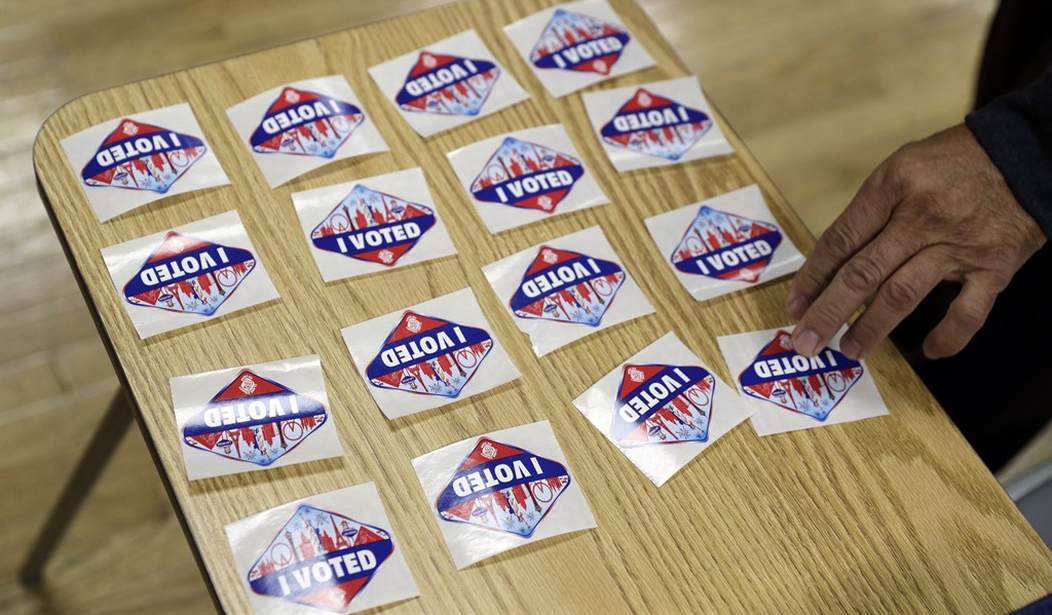Zion or Babylon? Over the past four hundred years, Americans have had a hard time deciding if they were building a New Zion (synonymous with Jerusalem) or calling down judgment on a New Babylon. In truth, the earnest among them on the left and right have been busy doing both.
Christians have found it tempting to call their nation “God’s New Israel” and a “city on a hill” without pausing long enough to consider that those titles belong not to any nation but to the Church. At the other extreme, when their nation and its rulers disappoint them, they raise the alarm that the Antichrist and the Apocalypse are just around the corner.
Lost in all this confusion is the distinction between Zion and Babylon, the Church and the world, the City of God and the City of Man. To those Jews exiled in literal Babylon, the prophet Jeremiah urged them to build houses, have families, and get to work. While they waited for their return to the Promised Land, they must “seek the welfare of the city” and pray for it, because “in its welfare you will find your welfare.”
Centuries later, St. Augustine repeated this advice to Christians on their earthly pilgrimage. The Church lived in the Roman Empire, the City of Man, the latest version of Babylon. Tying Jeremiah’s advice to the Apostle Paul’s call to the Church “to live a quiet and tranquil life,” the Bishop of Hippo reminded his fellow believers that they live “mingled together” with unbelievers.
This mingling was temporary, but on this side of the Last Judgment Christians benefited from the “peace of Babylon.” Though as God’s people they were spiritually “free from Babylon,” as citizens of Rome they had to make use of “the temporal peace which the good and wicked together enjoy.”
Recommended
In modern America, Christians face the same challenge and opportunity. The good and wicked live together, and they both benefit from earthly peace. Despite living in troubled times, Christians still benefit from a remarkable degree of safety and prosperity afforded them by America. They can boldly pray for continued liberty to gather for worship and preach the gospel, knowing that in Babylon’s temporary peace they have peace, in Babylon’s temporary freedom they have freedom.
But in doing so, Christians also ought to remember that they are on pilgrimage. Their nation is not Zion. It is not the City of God. It is not even the suburbs of the City of God. But neither is it a gated community. It lives in the world without being of the world. America is not the Church. It is not the Bride of Christ. In fact, they aren’t even dating.
The Church has its own identity and mission apart from America. Confusion between the two does nobody any good, believer nor unbeliever. The Church has its own warfare, its own economy, its own society, its own politics. In the words of Princeton theologian J. Gresham Machen, the Church dare not bring the “warfare of the world” into the household of God.
Christians don’t play by the same rules in God’s kingdom as the world does in its kingdom. God’s household welcomes “every nation, tribe, people, and language.” A nation may choose to do otherwise by the light of its own wisdom. God’s household shares property in common. A nation may choose a different system. God’s household wages spiritual warfare. A nation may choose to wage earthly warfare as circumstances demand. God’s household turns things upside down, makes the first last and the last first, where the “greatest” serves the “least.” A nation has its own hierarchy and command structure, and winners and losers.
If all this is true, how can such distinctions possibly help Christians vote in local, state, and national elections?
On the political left and right today, liberal and conservative Christians want America to look more like their idea of the City of God and less like their idea of Babylon. The truth is that God’s people are called now, as always, to seek the peace of the City of Man. Our elected officials are not voted into office to turn Babylon into Zion. They have a much more mundane task—though still a difficult and at times a demanding one with high stakes for the welfare of the city.
Christians in America enjoy a historically rare privilege: they get to vote for those who rule over them. They have not yet reached the point of choosing between Nero and Caligula desp
If you are a perplexed Christian and a perplexed American, pray and vote. Pray and vote for a future in which the Church can do its work and be at peace. Pray and vote for the welfare of your city. And when you gather for worship, leave the world’s warfare outside God’s household.

























Join the conversation as a VIP Member